
If you’ve ever watched your dog munch on grass and wondered if they’re “sick” or “just weird,” you’re not alone. As a veterinary behaviorist, I’ve guided countless owners through the puzzle of canine grass consumption. While grass‐eating is common—and often harmless—understanding the motivations and knowing when to worry helps you keep your pup safe and your lawn intact.
1. Possible Reasons Dogs Eat Grass
Dietary Fiber Need: Grass can add roughage, aiding digestion and relieving mild constipation.
Nausea Relief: Some dogs “self‐medicate,” eating grass to induce vomiting and alleviate stomach upset.
Boredom or Anxiety: Lack of stimulation can lead to exploratory eating behaviors.
Taste or Texture: Certain grasses have appealing sensations or flavors.
2. When Grass Eating Is Normal
Most dogs nibble grass occasionally without ill effect. If your dog:
Eats a few bites then walks away
Shows no signs of distress or vomiting
Maintains normal energy, appetite, and bowel movements
then grass‐eating is likely a benign habit. Offer a balanced diet with adequate fiber and ensure plenty of exercise and enrichment.
3. When to Be Concerned
Seek veterinary advice if grass consumption is:
Excessive or Compulsive: Constant grazing indoors or outdoors.
Accompanied by GI Upsets: Frequent vomiting, diarrhea, or loss of appetite.
Paired with Behavioral Changes: Lethargy, whining, or restlessness.
These signs may indicate underlying health issues—parasites, acid reflux, or inflammatory gastrointestinal disease—that require professional evaluation.
4. Safe Alternatives and Enrichment
To redirect grass‐eating:
Provide Safe Chewing Options: Bully sticks, dental chews, or chew toys.
Increase Fiber: Add canned pumpkin, green beans, or psyllium husk to meals under vet guidance.
Boost Mental Stimulation: Puzzle feeders, scent trails, and training games prevent boredom.
5. Lawn Safety Tips
Beware of toxic lawn treatments—herbicides, fertilizers, and pesticides—that can poison grazing dogs. Maintain a pet‐friendly yard, and always read labels before applying any chemicals. If you suspect ingestion of treated grass, contact your vet or emergency poison helpline immediately.
Conclusion:
Grass‐eating is usually an innocent quirk, but persistent or problematic grazing warrants a closer look at diet, enrichment, and health. By balancing nutrition, providing engaging alternatives, and safeguarding your lawn, you can satisfy your dog’s natural instincts—and keep both your pup and grass patch happy and healthy.

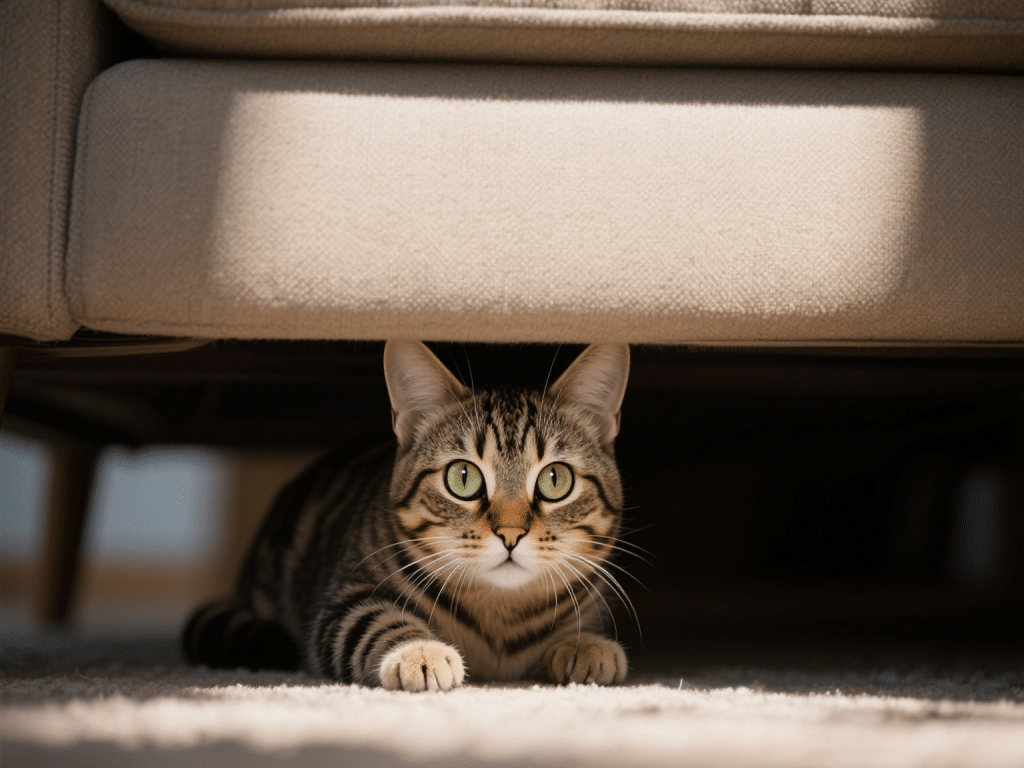
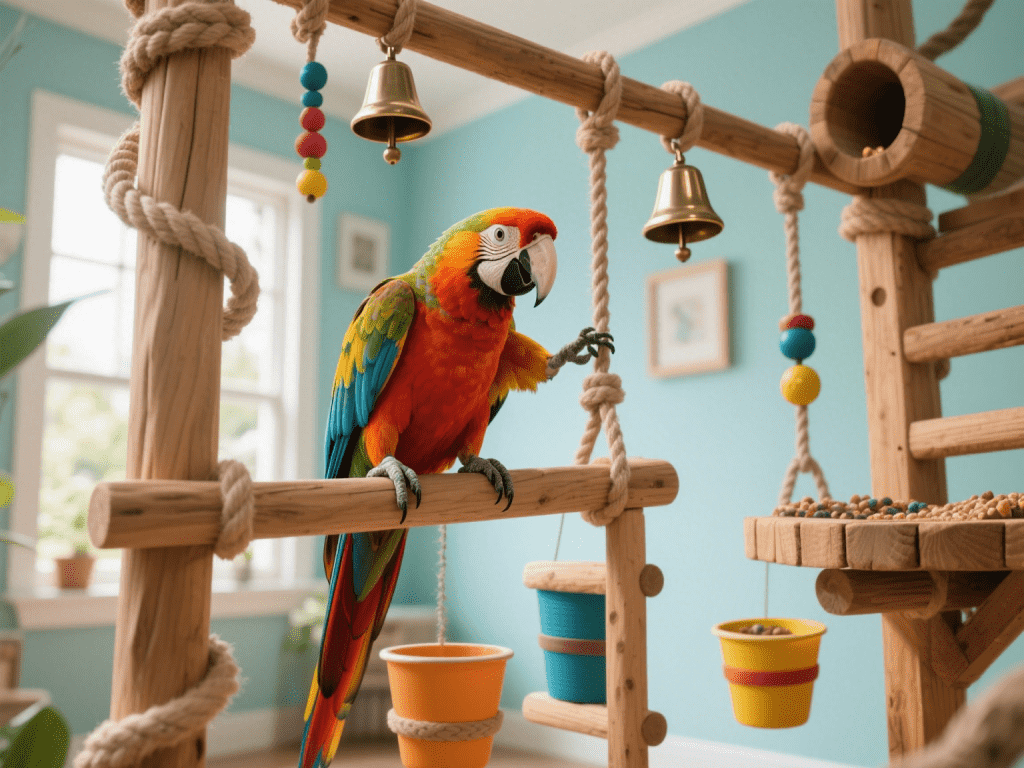

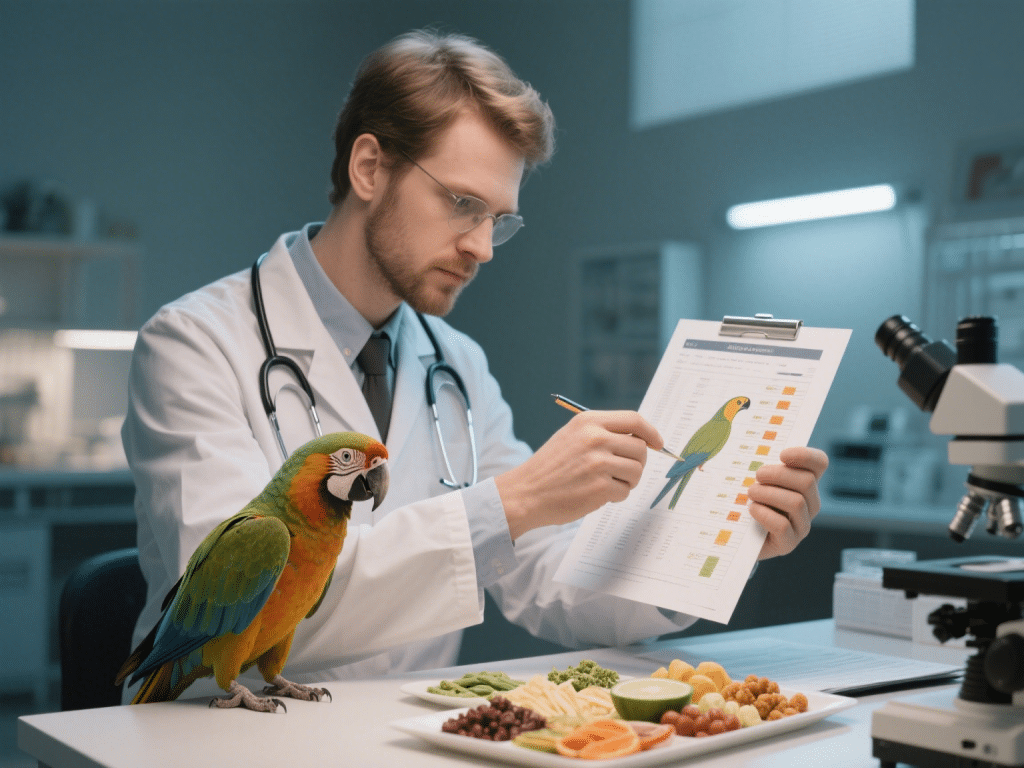
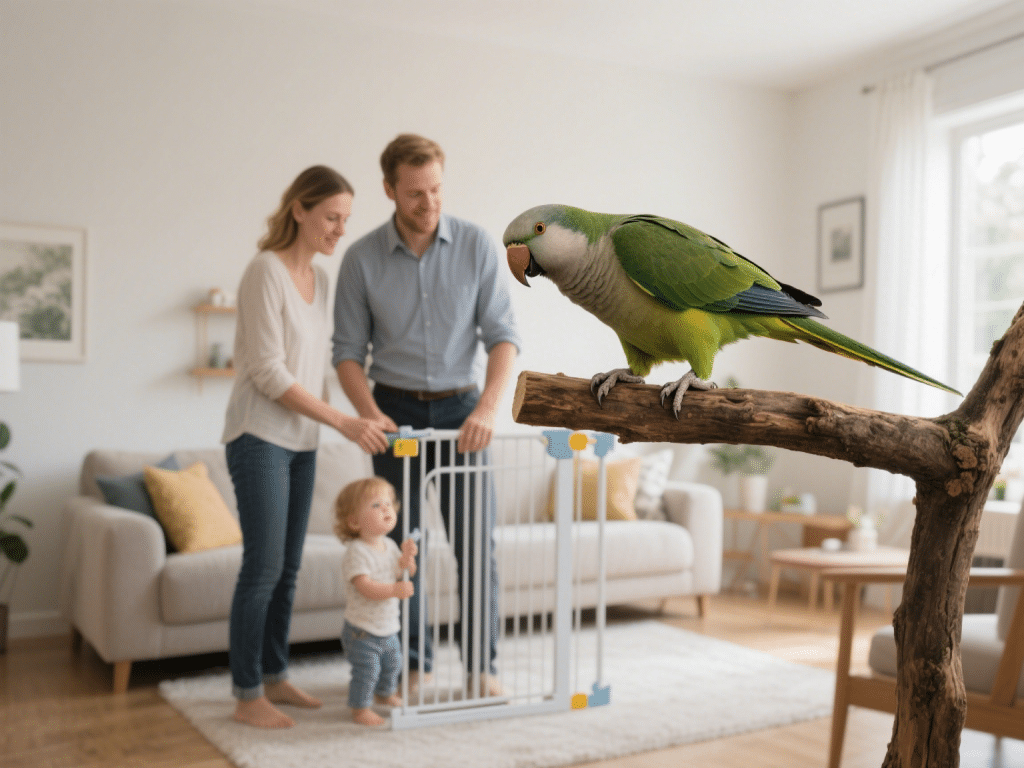
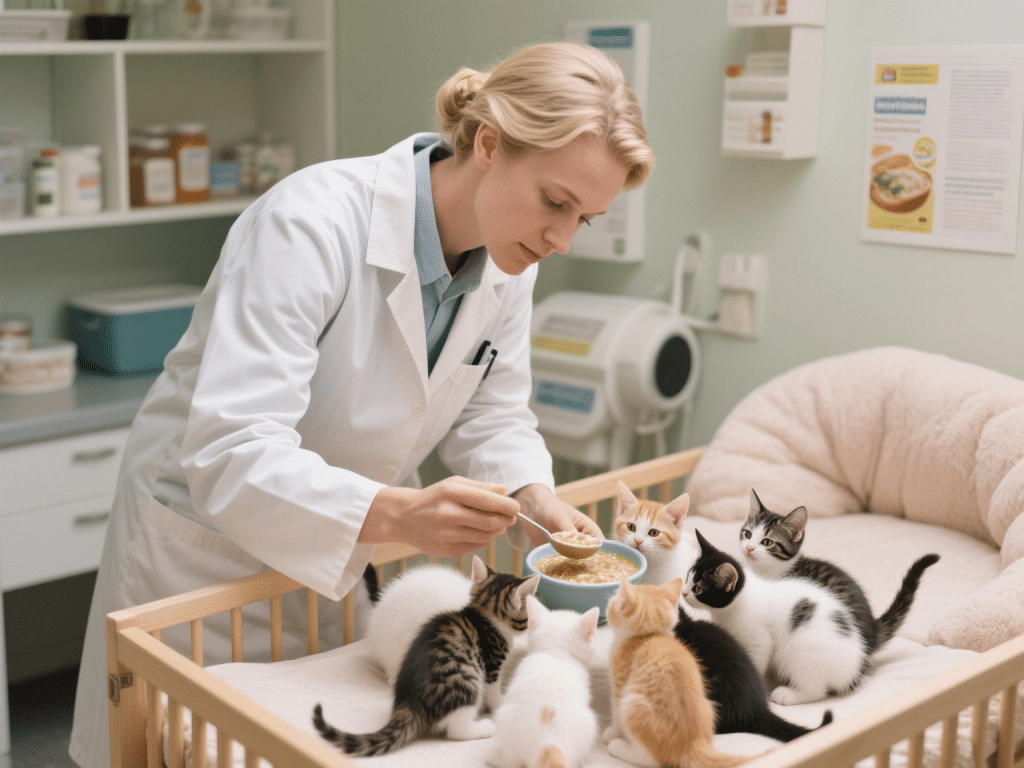
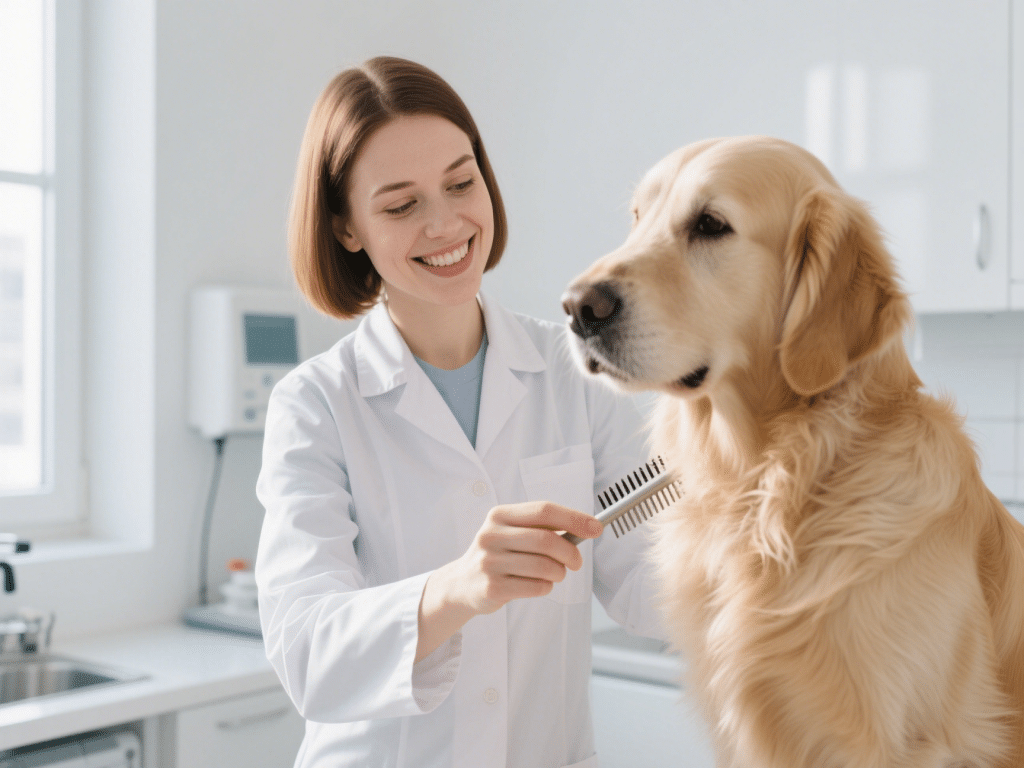
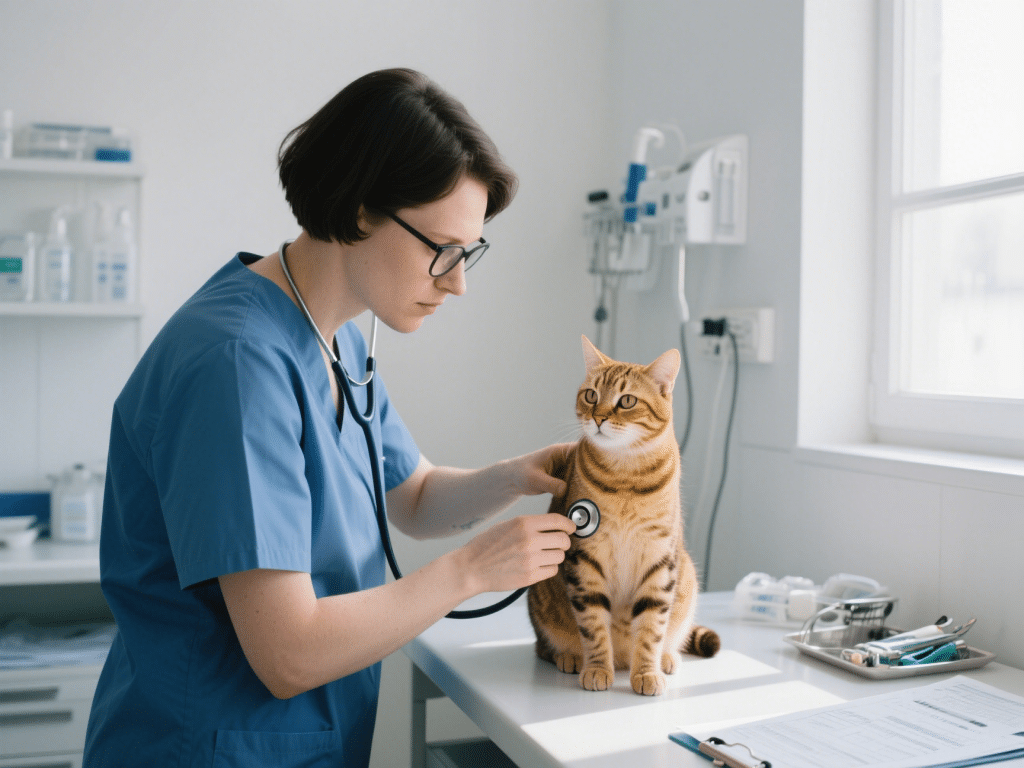
Comments on " Why Does My Dog Eat Grass? Understanding Your Pup’s Green Habit" :